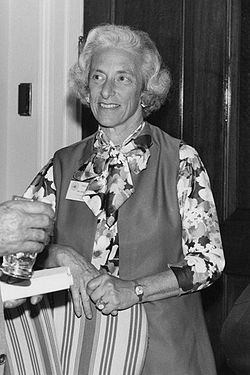Barbara W. Tuchman Quote
As vanguard of the invasion, the cavalry’s mission was to reconnoiter the position of the Belgian and French armies, to watch out for British landings, and to screen the German deployment against similar enemy reconnaissance. On the first day the duty of the advance squadrons, supported by infantry brought up in automobiles, was to seize the crossings of the Meuse before the bridges were destroyed and capture farms and villages as sources of food and forage. At Warsage, just inside the frontier, M. Flechet, the Burgomaster of seventy-two, wearing his scarf of office, stood in the village square as the horsemen clattered over the cobblestones of the Belgian pavé. Riding up, the squadron’s officer with a polite smile handed him a printed proclamation which expressed Germany’s regret at being compelled by necessity to enter Belgium. Though wishing to avoid combat, it said, We must have a free road. Destruction of bridges, tunnels and railroads will be regarded as hostile acts. In village squares all along the border from Holland to Luxembourg the Uhlans scattered the proclamations, hauled down the Belgian flag from the town halls, raised the black eagle of the German Empire, and moved on, confident in the assurance given them by their commanders that the Belgians would not fight.
As vanguard of the invasion, the cavalry’s mission was to reconnoiter the position of the Belgian and French armies, to watch out for British landings, and to screen the German deployment against similar enemy reconnaissance. On the first day the duty of the advance squadrons, supported by infantry brought up in automobiles, was to seize the crossings of the Meuse before the bridges were destroyed and capture farms and villages as sources of food and forage. At Warsage, just inside the frontier, M. Flechet, the Burgomaster of seventy-two, wearing his scarf of office, stood in the village square as the horsemen clattered over the cobblestones of the Belgian pavé. Riding up, the squadron’s officer with a polite smile handed him a printed proclamation which expressed Germany’s regret at being compelled by necessity to enter Belgium. Though wishing to avoid combat, it said, We must have a free road. Destruction of bridges, tunnels and railroads will be regarded as hostile acts. In village squares all along the border from Holland to Luxembourg the Uhlans scattered the proclamations, hauled down the Belgian flag from the town halls, raised the black eagle of the German Empire, and moved on, confident in the assurance given them by their commanders that the Belgians would not fight.
Related Quotes
About Barbara W. Tuchman
Tuchman focused on writing popular history.
Tuchman was a member of the Writers and Artists for Peace in the Middle East, a pro-Israel group. In 1984, she signed a letter protesting German arms sales to Saudi Arabia.
